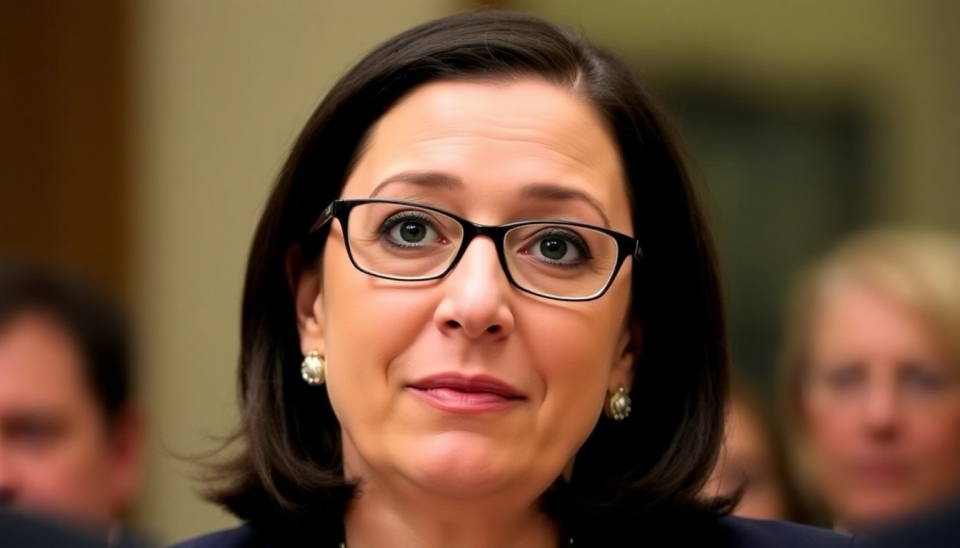
In a high-stakes courtroom battle surrounding the future of Meta, former Chief Operating Officer (COO) Sheryl Sandberg found herself under intense scrutiny as she testified during the Federal Trade Commission (FTC) trial. The proceedings have drawn significant attention due to the ongoing debate over monopolistic practices within the tech giant.
The trial focuses on allegations that Meta has engaged in anti-competitive behavior, contributing to a broader investigation into the company's practices related to its various platforms, including Facebook and Instagram. Sandberg, who played a major role in shaping Meta's business strategies during her tenure, was questioned about decisions made under her leadership.
During her testimony, Sandberg was challenged on several fronts, including Meta's acquisition strategies and its approach to competition with newer social media platforms. Critics of Meta argue that the company's aggressive tactics have stifled innovation and harmed smaller competitors in the tech landscape. Sandberg's defense centered around the notion that these business decisions were aimed at enhancing user experience and consolidating offerings, rather than suppressing competition.
Particular attention was drawn to the controversial purchase of WhatsApp and Instagram—events that critics cite as emblematic of Meta's monopolistic behavior. Sandberg asserted that these acquisitions were strategic moves aimed at integrating services and providing consumers with broader options. However, the prosecutor emphasized that such acquisitions have effectively eliminated significant competition in a rapidly evolving market.
Sandberg's performance in court highlighted her dual role as a commanding business leader and a media figure. Her assertiveness and clarity were on display as she defended Meta's tactics while facing a barrage of pointed questions aimed at dissecting the implications of those same actions.
The implications of this trial extend beyond the courtroom. The outcome could reshape how technology companies operate and are regulated in the U.S., influencing potential legislative frameworks aimed at curbing anti-competitive practices in the tech industry. Legal experts suggest that the trial may mark a pivotal moment in the ongoing debate about big tech's influence over market dynamics.
As the trial progresses, the stakes are undeniably high—not just for Meta, but for the entire tech ecosystem. Sandberg's testimonies may very well determine the public narrative surrounding Meta's ambitions and possibly influence future regulatory measures moving forward.
Industry analysts and observers continue to closely monitor the developments—a reminder of the ongoing tensions between regulating innovation and fostering a competitive landscape that allows for a diverse array of voices in the ever-growing digital marketplace.
As the proceedings unfold, attention will remain on Sandberg's responses and the broader implications of the trial's findings for Meta and the technology sector as a whole.
#Meta #SherylSandberg #FTCTrail #BigTech #Antitrust #SocialMedia #DigitalMarketplace #Innovation #Competition
Author: John Miller




